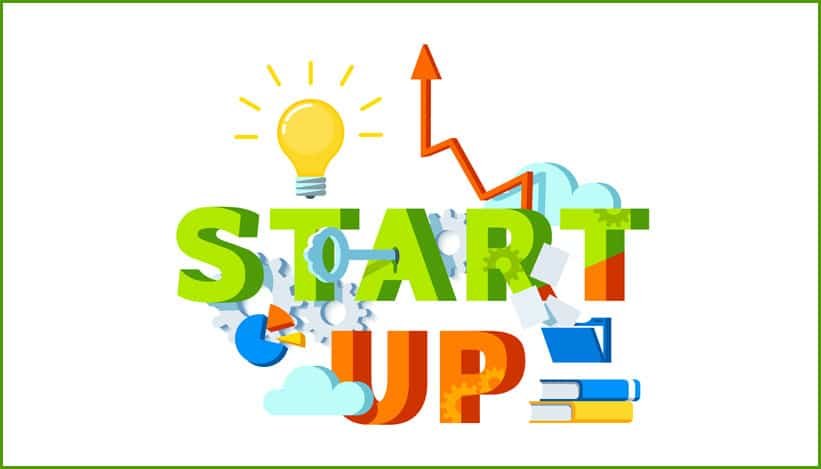What is post-harvest handling?
Post-harvest handling refers to the processes that crops undergo after being harvested, including cleaning, sorting, packaging, storage, and transportation. Effective post-harvest handling is essential to maintain quality, reduce losses, and ensure food safety.
Download Link
Post-Harvest-Handling-Of-Crops-Exam-Past-Paper-Mpya-news
Why are past exam papers valuable for studying post-harvest handling?
Past exam papers are valuable as they provide insights into the types of questions commonly asked in exams. They help students identify key topics such as preservation techniques, quality assessment, and storage methods, allowing for focused study and preparation.
Where can I find past exam papers for post-harvest handling of crops?
You can find past exam papers on your educational institution’s website, in academic libraries, or through online educational resources. Many universities maintain archives where students can access past exam papers.
What key topics should I focus on when studying post-harvest handling?
Key topics to focus on include methods of crop drying, packaging techniques, storage conditions, pest and disease management during storage, and the impact of post-harvest practices on crop quality and shelf life.
How can I effectively use past exam papers in my studies?
Start by reviewing the questions to identify frequently covered topics. Practice answering them in a timed setting to simulate exam conditions. After completing each paper, compare your answers with model answers or discuss them with peers for better understanding.
Is understanding market trends important in post-harvest handling?
Yes, understanding market trends is important as it affects how crops should be handled to meet consumer demand and maximize profitability. Awareness of market preferences can guide decisions on processing, packaging, and distribution.
Should I emphasize theory or practical skills in post-harvest handling?
Both theory and practical skills are important. A solid understanding of theoretical concepts will support your practical applications, while hands-on experience with post-harvest techniques will enhance your proficiency and confidence.
Can studying past papers alone prepare me for the exam?
While studying past papers is an effective strategy, it should be complemented with a thorough review of course materials, textbooks, and practical experiences. A well-rounded approach will provide a comprehensive understanding and improve your chances of success on the exam.

